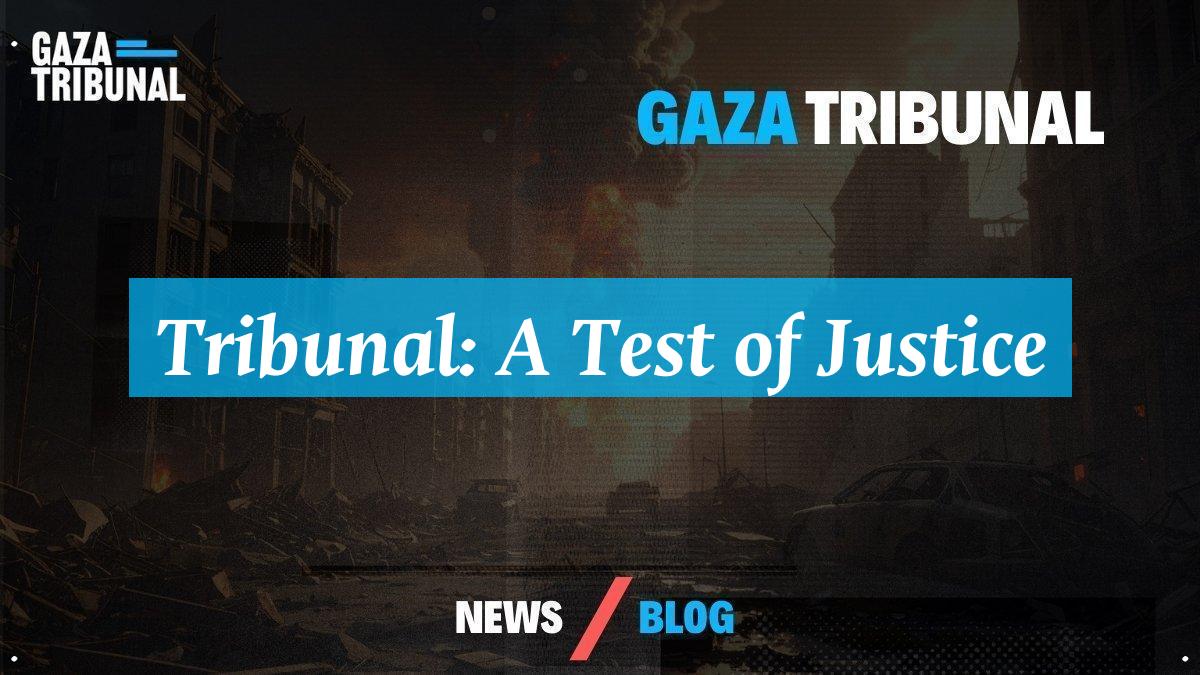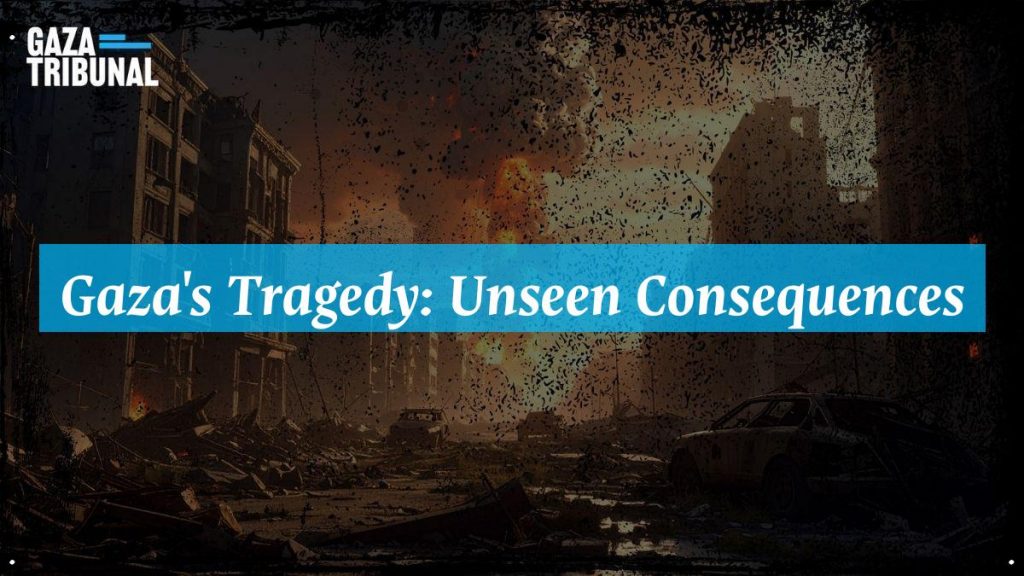The ongoing situation in Gaza offers a stark exploration into the complexities of justice and accountability. In the Hamas context, the stark images of destruction and the personal toll on countless lives present an unsettling reality. As debates swirl around the international response, it leads one to ponder, where is the force that champions human rights? Indeed, this inquiry speaks volumes about our collective conscience. Dr. Wisam Atallah’s insights compel us to reflect on a profound truth: when we allow such inaction, we inadvertently endorse a cycle of violence. This is not merely a political discourse; it’s an urgent call for us to rediscover our shared humanity amidst escalating chaos. For more on this topic, visit our news section.
Simultaneously, what stands out in this turmoil is not just the immediate devastation but the broader implications for international relations. The ongoing Hamas context illustrates a precarious juncture—the failure of global institutions like the UN to enforce peace starkly reveals their limitations. How does this impact the trust we place in these bodies? Dr. Atallah’s observations emphasize that the silence and inaction of powerful nations can inadvertently embolden aggressors. By way of illustration, we grapple with the unsettling awareness that if justice is not served in Gaza, it could set a precedent impacting future global conflicts. Thus, each day the world turns a blind eye, we collectively bear responsibility for the escalating tragedy that unfolds.
The Fragility of International Law
The ongoing conflict in Gaza highlights a troubling truth. We often view international laws as solid frameworks, yet they appear fragile. As the devastation unfolds, lives are shattered daily. Dr. Wisam Atallah emphasizes that the situation in Gaza isn’t just regional; it’s a global crisis. This raises a critical question: where is the accountability? The silence surrounding these events amplifies the suffering, suggesting a collective failure to protect human rights.

Many people feel overwhelmed by the scale of injustice. Dr. Atallah argues that ignoring Gaza’s plight sends a dangerous message to future aggressors. If we allow such acts to go unpunished, what does that say about our values? The implications extend beyond borders, suggesting a breakdown in our moral fabric. This ongoing crisis calls for urgent action. We must confront this moral imperative. Witnessing these atrocities without taking steps only perpetuates violence and impunity.
The Collapse of the UN and the Power of the Veto
Dr. Wisam Atallah articulates a stark reality about the UN. He states, “The Security Council has the authority to deploy peacekeeping forces.” Yet, that power feels hollow. The UN’s failure to enact a ceasefire reveals its limitations. How can a body meant to ensure peace remain so ineffective? The situation feels surreal, almost like a bad dream.
Let us probe this more carefully, the United States’ use of the veto complicates matters. It renders the UN ineffective, nullifying efforts to promote peace. Dr. Atallah’s words resonate: “As if the Security Council never existed.” This echoes the failures of past international systems. The parallels to the League of Nations are unsettling. The implications of this ineffective governance are chilling, reminding us that a united front is essential for peace.
Systematic Targeting: No Collateral Damage
When discussing the destruction in Gaza, Dr. Atallah’s perspective is brutally honest. He asserts, “There are no collateral damages.” This statement highlights the deliberate targeting of innocent lives. The killings, including those of doctors and children, paint a horrific picture. The execution of Dr. Adnan al-Bursh exemplifies this chilling reality. It’s hard to comprehend the extent of such violence.
Dr. Atallah elaborates on systematic attacks, providing chilling examples. The bombing of an ambulance illustrates this brutality. “There are no taboos, no laws left standing,” he states. It raises profound questions about our moral compass. Why does the world remain silent? It feels like a nightmare that never ends. We must ask ourselves: what are we willing to do to stop this cycle of violence?
Killing Journalists and Silencing Gaza’s Voice
Since the onset of the war, Israel has tragically killed at least 227 journalists. “Why?” Dr. Atallah asks, baffled. “Because they documented evidence with sound and image.” The story of journalist Hassan Aslih, executed while on a hospital bed, reveals a chilling truth. Journalists face dire consequences for simply telling the truth. This situation is alarming.
Dr. Atallah views this as a calculated effort to erase dissent. By restricting foreign media, Israel controls the narrative. Only local reporters can convey the harsh reality. “Their only crime,” he emphasizes, “is conveying the killing of children and women.” This systematic silencing directly assaults freedom of expression. We must remember that the truth matters. It’s imperative to amplify these voices, despite the risks involved.
The Numbers That Defy Humanity
By mid-2025, over 55,000 Palestinians have died, including 17,000 children. “These are numbers the human mind cannot comprehend,” Dr. Atallah emphasizes. The staggering reality shocks the conscience. More than 100,000 people bear wounds, with countless others trapped under rubble. “Even the most basic principle of international law—preserving human dignity—has been shattered,” he adds. How can we turn a blind eye to this suffering?
Dr. Atallah’s words resonate deeply. Bodies lie unclaimed, stripped of identities and dignity. This tragedy challenges the very essence of humanity. The numbers tell a harrowing story of loss and despair. Yet, amid the devastation, a flicker of hope remains. We must unite to demand justice and accountability for those affected. Thank you for engaging with these crucial issues. Together, we can amplify the call for justice! For further insights, check the source of this content. Visit our homepage for more.
Gaza News


